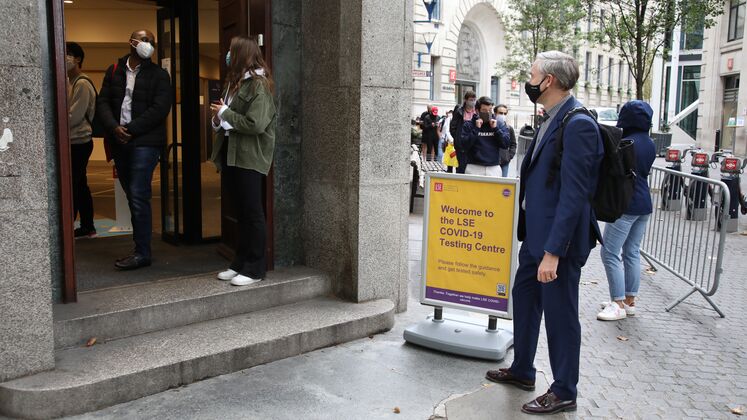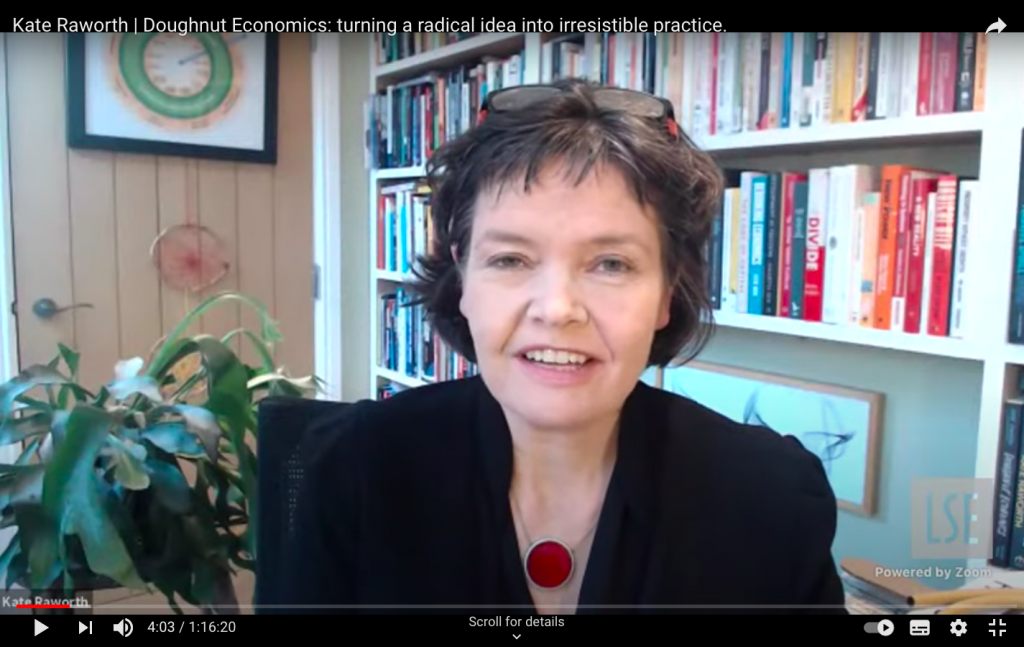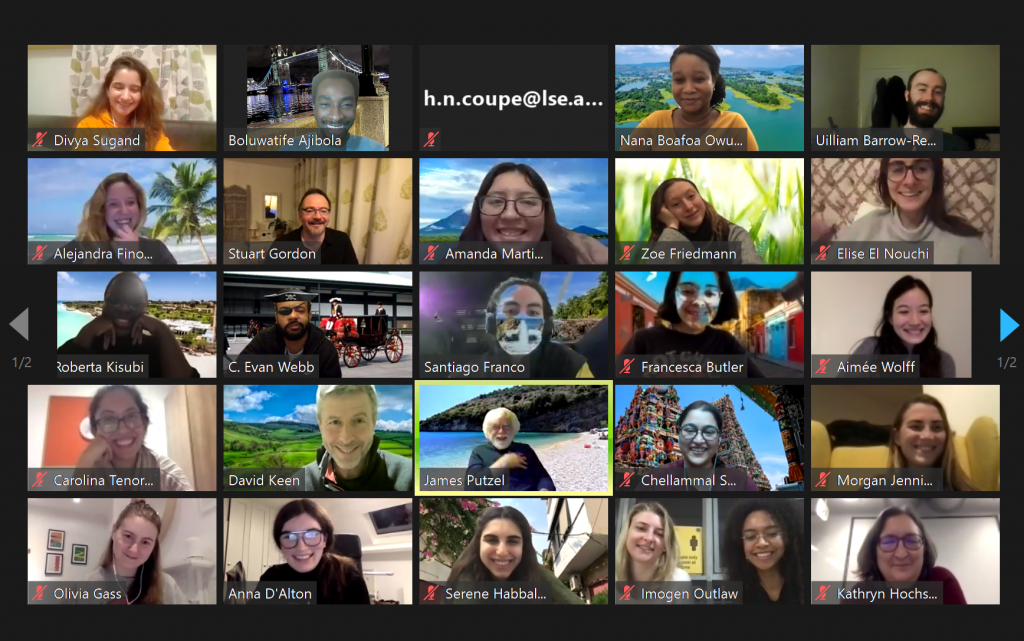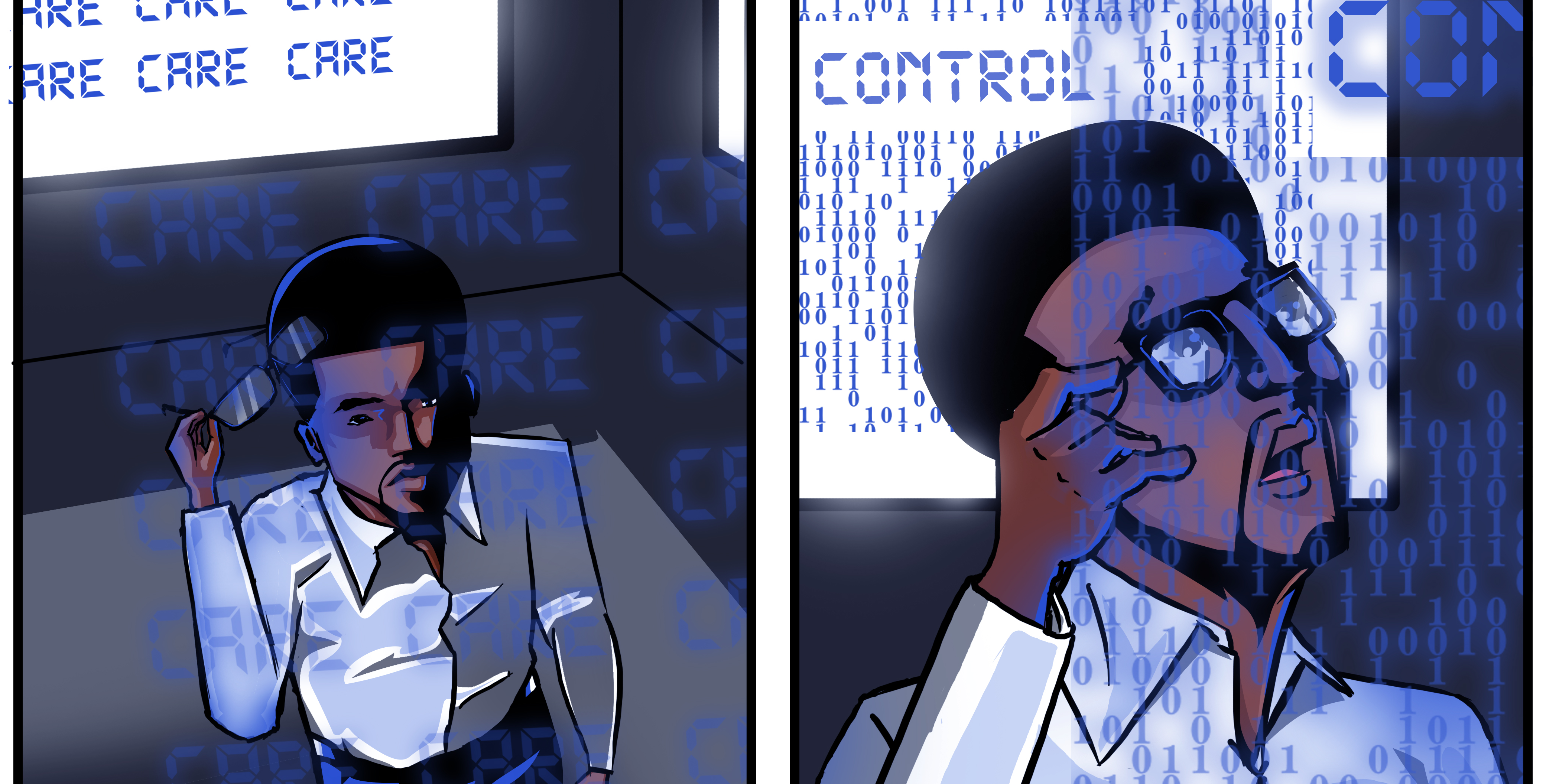MSc Health and International Development candidate and Student Ambassador, Jasmine Birmingham writes about her perspective on the Department’s response to COVID-19 during the 2020/21 academic year.
The pandemic has taken both students and staff on a turbulent journey throughout the 2020/21 academic year. However, this hasn’t stopped us from being social and building our networks. In the Michaelmas term we experienced hybrid seminars: students in London were able to participate in person, with remote students dialing in from other locations. All seminars in Lent term, like lectures, were held online following government guidelines. During this time, we have still been able to access the campus under LSE’s protocol.

In response to COVID-19, the Department of International Development, and LSE more generally, has adapted to life online in a number of ways, making sure that we have all been comfortable and connected from wherever we are in the world. This article will explore each of these, in turn:
Study Groups
At the beginning of the academic year, we were each assigned a study group for our respective courses. This was made up of up to fifteen other students and our academic mentor. Therefore, from the get-go we had a support group to bounce queries off. This proved very useful as we were all finding our feet at the start of term and throughout the course choices. Personally, my study group also met online twice a week to discuss readings and ideas from the core modules throughout the term. This was a great way to get other people’s perspectives and put us all in good stead for summative assignments and exams.
Buddy System
As part of the Health and International Development (HID) course, we were also each assigned a buddy. This allowed us to get to know another student on a more personal level. Often, buddies were students outside of lecture and seminar groups, so it was nice to meet someone new. We were each assigned a new buddy halfway through Lent Term to keep things fresh and expand our network further.
Cutting Edge Issues in Development Thinking and Practice
In 2020/21, the guest lecture series went online, allowing speakers to participate from all corners of the globe. Jayati Ghosh kicked off the series discussing the Indian government’s response to the COVID-19 pandemic. Other events included Branko Milanovic discussing the future of capitalism and Akosua Adomako Ampofo exploring the decolonization of academia. These guest lectures were followed by an exclusive LSE Q&A. This enabled students to ask questions directly to the speakers, allowing for rich discussions within the session.

Health and International Development Networking Week
In replacement of the trip to Geneva (which is part of the HID course), the student HID events committee organised a digital networking week. This was broken down into four themes for the week: humanitarian emergencies; the private sector; sexual and reproductive health; and trusts and foundations. LSE alumni from fifteen organisations, including the Gates Foundation, GAVI, PwC, and CHAI took part. These intimate events allowed students to ask questions, get advice and be inspired by industry professionals!
DESTIN Society
This is LSE’s postgraduate International Development Society that holds various social events throughout the year. In 2020/21, the DESTIN society were creative and organised numerous digital events including department quizzes, pizza competitions, yoga sessions and informal hangouts. Through these events many of us were able to meet others from outside our immediate course. The society has also organised Alumni networking events over the Easter break. Speakers are scheduled to participate from multiple organisations all over the world, such as IOM, UNICEF, African Development Bank and WFP!

LSE Careers/Volunteering
The careers team has put on some wonderful events over the 2020/21 year. This has ranged from digital coffee mornings with esteemed organisations to live careers fairs. Access to the usual careers services has continued online, including CV workshops and practice interviews. Students have also been able to volunteer through initiatives such as the Community Engagement Programme. For this, teams were connected with charities to tackle real-world issues the organisations faced.
As well as helping us stay connected, LSE has also considered the diverse needs of students over the course of the year. Individual and visa circumstances have been accommodated with flexibility from the university. The Staff Student Liaison Committee (SSLC) Reps have also voiced any concerns from students to the Department. Additionally, LSE Trace has provided testing, contact tracing and weekly wellness check-ins to keep the LSE community safe.
As the U.K begins to open back up, we are all looking forward to meeting up in person again. We hope to return to a bit of normality by September – even though this will be a ‘new normal’! However, I also understand there is still a lot of uncertainty for the year ahead. I hope that this blog post has given you some reassurance that you can still stay social and connected in the Department of International Development, no matter what this year brings.
The views expressed in this post are those of the author and in no way reflect those of the International Development LSE blog or the London School of Economics and Political Science.





